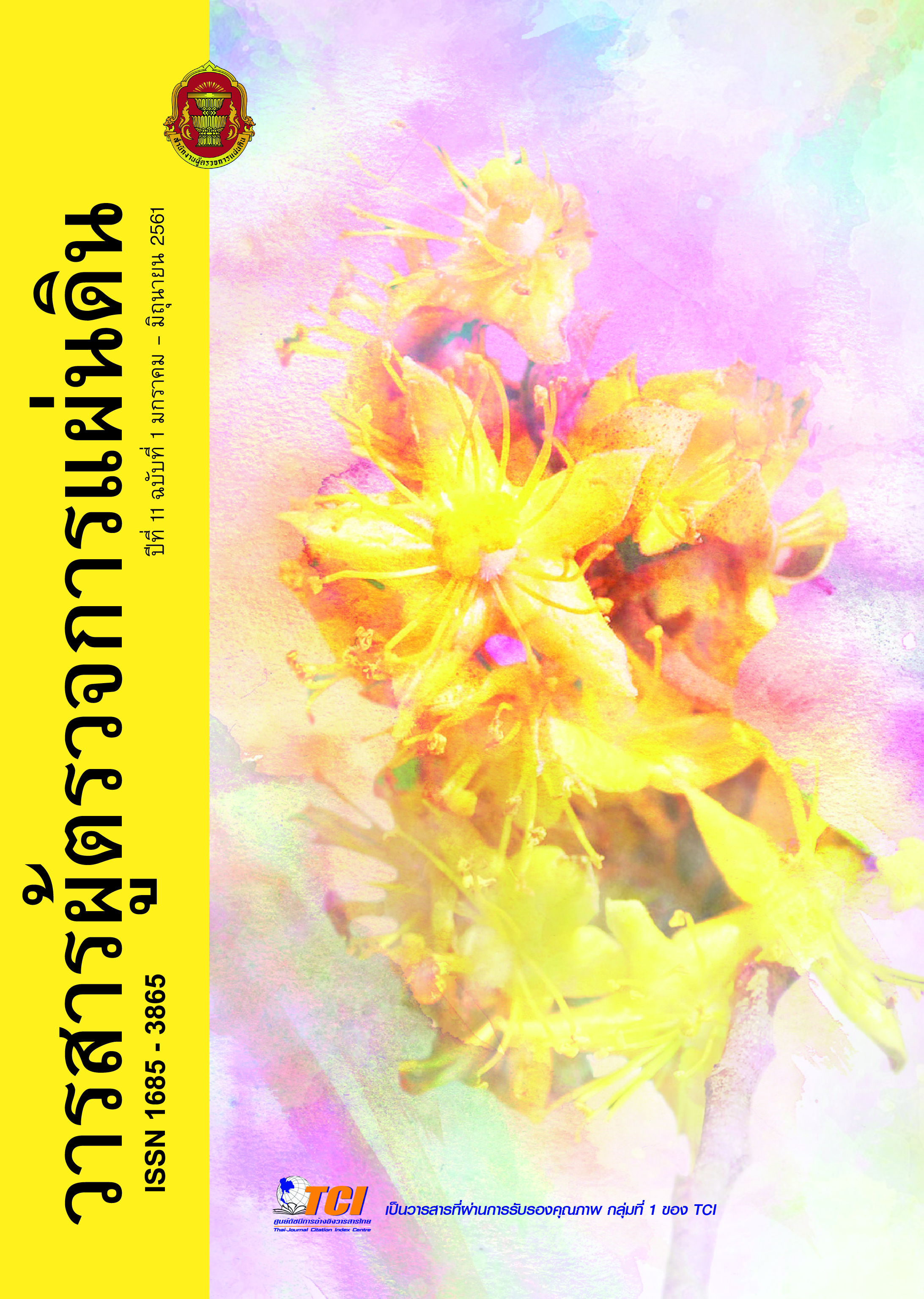The Participation in Administration of the Temple’ s Religious Property Using Civil State Model: Case study Chansen Temple and Takfah Temple
Keywords:
Administration, Temple’ s Religious Property, Civil State ModelAbstract
The temple’ s religious property administration that gives the opportunity to government sectors, private sectors and puplic sectors to participate, acknowledge and check the accuracy of financial report as stated in the civil state model and principles of transparency, participation and moral can help the temple to gain the trust and lead to the sustainable development, both for the temples and Buddhism in Thailand. The purposes of this research are 1) To study the administration of the temple’ s religious property of Chansen Temple and Takfah Temple. 2) To study the participation in the administration of the temple’ s religious property of Chansen Temple and Takfah temple. 3) To set a model in the participation in the administration of the temple’ s religious property using civil state theory. The study found that system and rules of temple property management at Chansen Temple are similar as Takfah Temple, as stated in ministerial regulations (book 2) 1968. Chansen temple and Takfah temple’s participation in church property management model is exercised as stated in the discipline, the Sangha Act, Ministerial Regulation, The Sangha Supreme Council, Good Governance.
Downloads
Published
How to Cite
Issue
Section
License
- Content published in the journal is personal opinions of authors which the office of Ombudsman and the editorial team are not bound to be accordance with.
- Articles, content, images, etc. published in the Journal of Ombudsman are copyright of the Journal. If any person or entity wants to bring all or part of it to publish or to do any action. Must obtain written permission from the journal's first.



